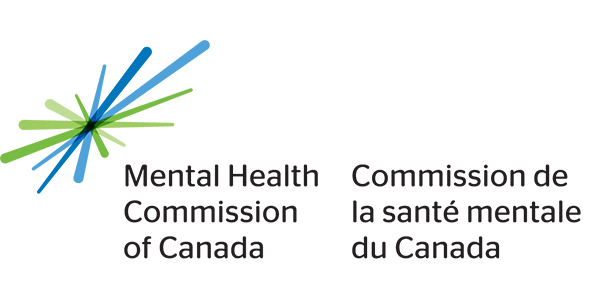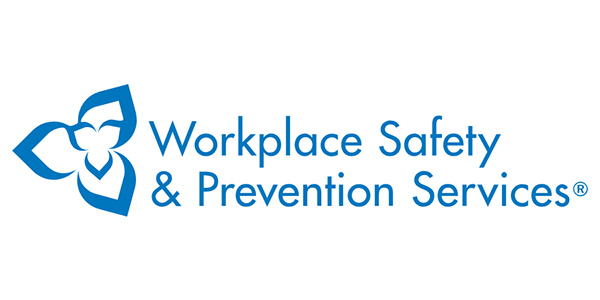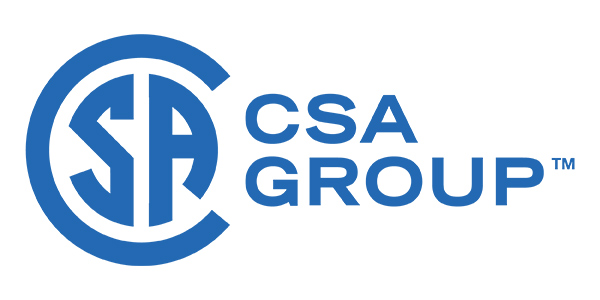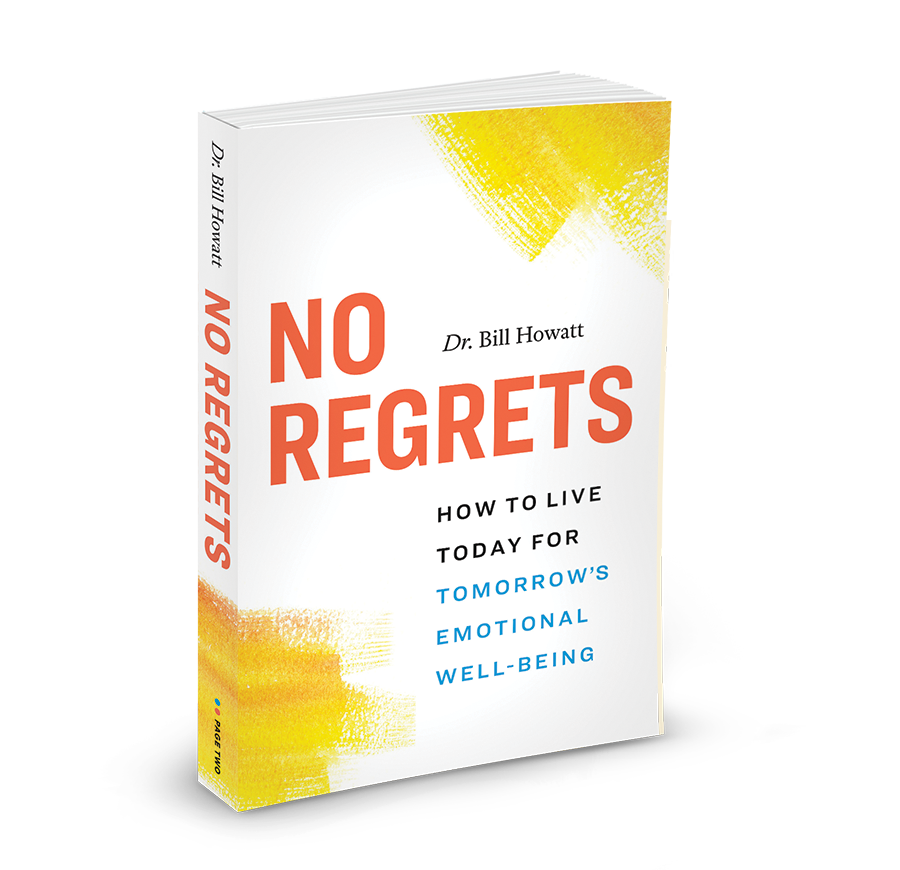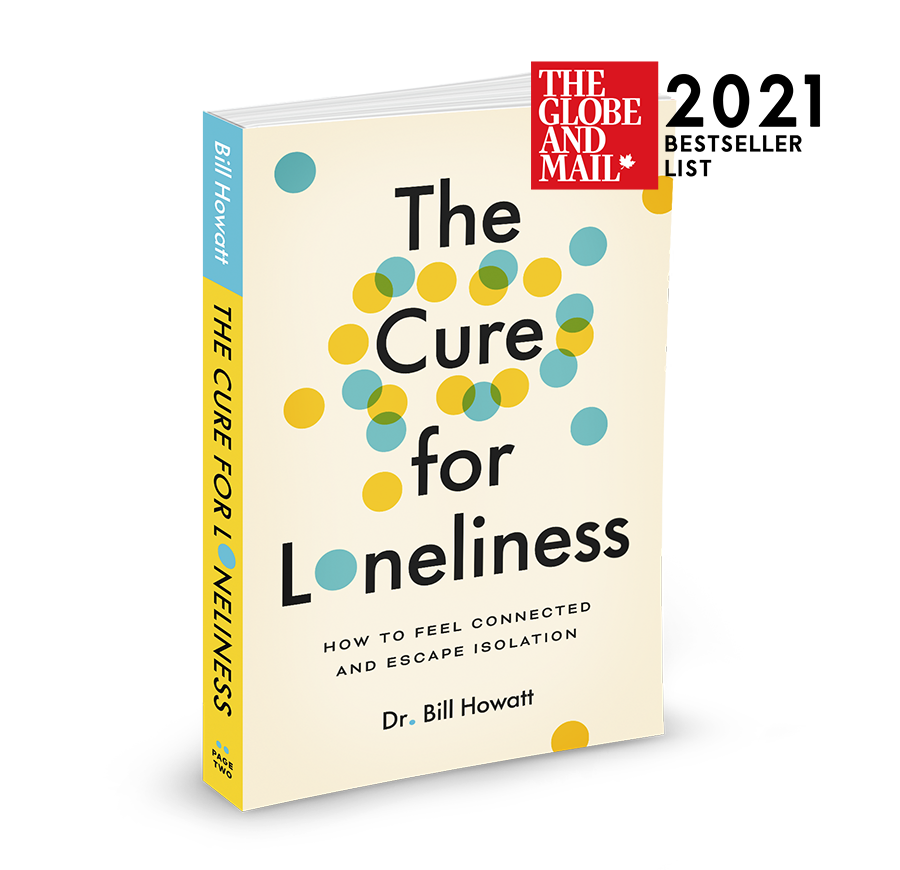Research oversight:
This study was approved through Saint Mary’s University Research Ethics Board (SMU REB File #20-003) and met academic and ethical standards.
Summary
In March 2020, the WSPS CEO was concerned about the path the COVID-19 pandemic was taking. With the rapid onset of lockdowns and remote work becoming the new normal, there was no end in sight for how long the pandemic could disrupt society. The pandemic had a clear impact on risk of isolation and loneliness for employees. WSPS had over 4 million workers and 170,000 organizations impacted by COVID and not enough technology to scale and support workers’ mental health. Awareness of this prevalent risk and concern about how to address it, resulted in a rapid study to create a digital mental health app to mitigate workers’ risk of isolation and loneliness. With a limited budget and time, WSPS consultants and Territorial, working with Dr. Bill Howatt, took an idea to build a mental health version 1.0 product: the Hugr Authentic Connections app. The purpose of this study was to pilot this app with WSPS customers in a scientific research study led by Dr. Dayna Lee-Baggley approved by Saint Mary’s University research ethics board.
The Hugr Authentic Connections app is an innovative, low-cost, sustainable option for addressing workers’ concerns about loneliness and social isolation and providing guidance on creating authentic relationships. The Hugr Authentic Connections app addresses the critically important topics of loneliness and social isolation that were a challenge before the COVID-19 pandemic and will likely continue during and beyond the pandemic. Loneliness, social isolation, and authentic relationships became even more critical during the pandemic with a high potential to significantly influence employees’ mental health. Furthermore, many potential risks of isolation, such as hybrid and remote work, may continue to be aspects of the workforce long past the pandemic. The purpose of this study was to investigate the effectiveness of the Hugr AC app to be an integrative, innovative, scalable solution to support workplace mental health.
Quick read:
https://www.ceohsnetwork.ca/blog/psychological-safety/digital-mental-health-tools-for-your-workplace/
Full report:
https://www.wsps.ca/resource-hub/corporate/examining-the-impact-of-the-hugr-authentic-connections
Hugr website:
https://www.hugr.ca/


